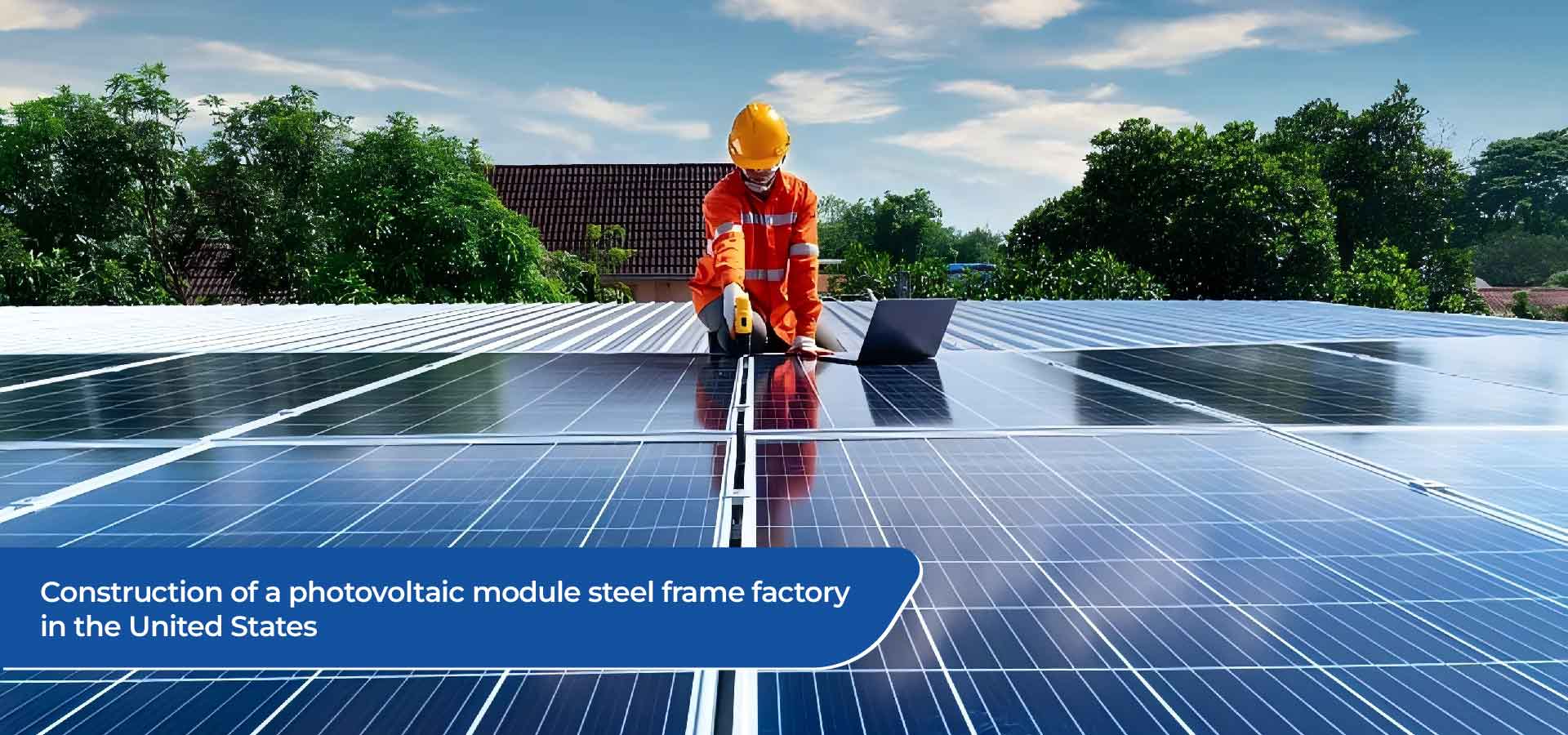
Solar frame producer Origami Solar has started commercial operations at its Arkansas, U.S. plant following the announcement by U.S. President Donald Trump of a 25% tariff on imported steel and aluminum.
The White House’s recent 25% tariff on imported steel and aluminum falls under Section 232, which will take effect on March 12, 2025, and it could affect the solar industry as steel is primarily used for ground-mounted installations given its robustness and corrosion resistance. Aluminum, on the other hand, is a more cost-effective solution for mounting structures and frames.
At this time, Origami commissioned the first of many state-of-the-art automated module frame production lines at its Priefert Steel plant in Benton, Arkansas. It developed the plant in collaboration with Priefert Steel and automation partner DAC Robotics.
Gregg Patterson, CEO of Origami Solar, said: "Providing cost-effective steel module frames leverages the strong and ready American steel manufacturing industry, creates jobs, and enhances the security and reliability of the solar supply chain.
It claims that steel module frames have superior strength, a 90% lower carbon footprint, and fast domestic shipping in 1-2 days, eliminating the risks associated with weaker imported aluminum frames and riskier overseas supply chains that are subject to delays, geopolitical instability and tariffs.
From corner insertion to frame stacking, bundling and palletizing, the factory is highly automated because DAC's robotic automation simplifies the production process; it also integrates online final assembly and packaging, ensuring precision and eliminating waste.
It is reported that in August 2022, TECSI Solar tested Origami's steel frames and found that these steel frames are superior to aluminum frames in both stiffness and stability.